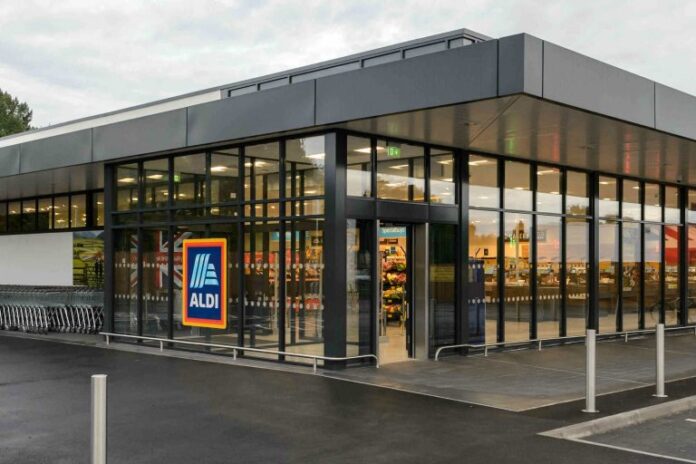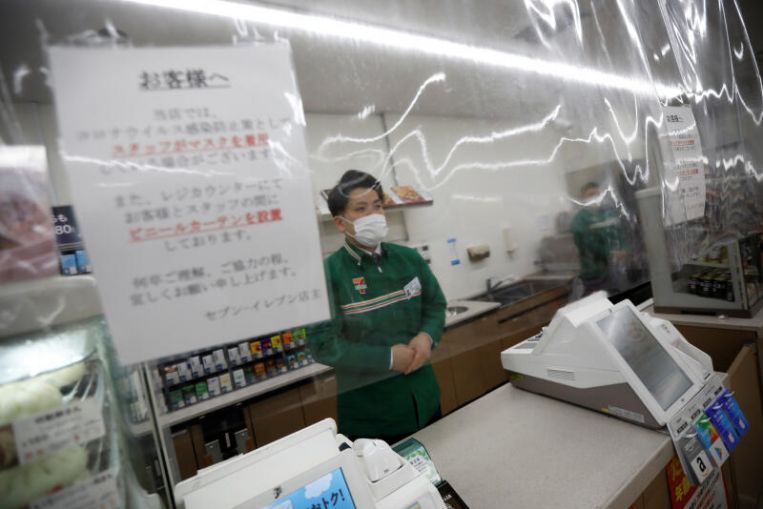According to the survey conducted by a credit research firm, Teikoku Databank, almost 250 businesses in Japan have crushed down due to the effect of the Coronavirus pandemic. Among them, 41 were hotels or Japanese-style inns, 34 were pubs and restaurants, and 18 were clothing stores and other retailers.
Customer behavior is changing
The survey in the U.S. reported nearly two-thirds of consumers are changing their shopping habits in response to the worldwide COVID-19 pandemic, and 87% of shoppers say they would prefer to shop in stores with touchless or robust self-checkout options, the survey from Shekel Brainweigh Ltd.
“We’re facing difficult times and consumers are taking every precaution to protect themselves and their families,“ Shekel CEO said in the press release.
“It’s imperative that consumers have the ability to checkout using unattended shopping for their health and safety, as well as the health and safety of grocery workers.”
For keeping social distance, consumers will look for touchless shopping experiences, especially if another wave of pandemic occurs. On the business side, enterprises can do cost reduction on labor costs. Self-service technology uses artificial intelligence, face recognition and quick pay service to allow consumers to order and pay for everyday needs without having to face another human being.
International CASE: Aldi supermarket
Aldi, a German-based global supermarket chain, has introduced self-service checkouts to speed up transactions in some stores in the UK amid the pandemic. It has confirmed a plan to import the service in three more stores before the end of July taking the total to 12 stores. Aldi said its new self-checkout system has received “overwhelmingly positive feedback.”

The reality in Japan
Back in Japan, most Japanese convenience stores lunch plastic guards to prevent virus infection. For pushing social distance behavior, stores advise people to keep at least two meters apart and encourage people to carry out follow the “three Cs” guidelines.

Japan CASE: Lawson and UNIQLO/GU
Some Japanese brands also start to import self-checkout services, such like Lawson and Uniqlo for business transformation, people can pay with a cellphone or through self-check service. Lawson is using high technology to reduce contact between customers and employees. The service is currently available at 120 branches out of more than 14,400 locations nationwide. Uniqlo and GU have also implemented the service since 2019. It has significantly reduced the waiting time and labor expenses.
